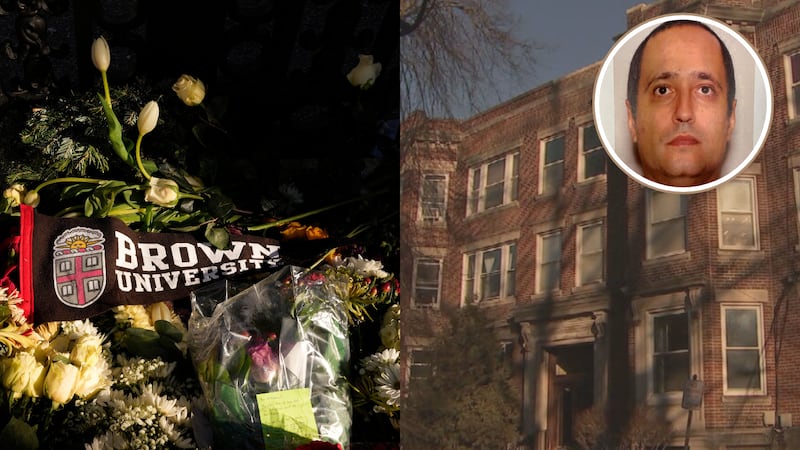If you are flying, you usually have to pay extra to pick your seat these days.
Even parents traveling with small children have to pay more, or risk being split up on the plane.
“It's a little frustrating actually," said father George Schnyd on a recent trip through Logan Airport with his kids. "On the flight here to Boston we ended having everyone one of us in about 3 different rows."
Mark Dechant's family flies twice a year, and said the price always takes a toll.
"It adds up," Dechant said. "I mean, it's probably $25 more per ticket to guarantee your seats.
Nicole Monacell said she spent about $120 extra to sit with her kids, 10-year-old Parker and 6-year-old Payton.
"Well, I don't love it, that's for sure," Monacell said. "We always end up paying more, it seems like, to book the higher-class cabin so that we can all sit together."
Monacell said she doesn't want Parker and Payton rows away from her sitting next to strangers.
"I would like them to be close, just so I can keep an eye on them,” she said.
Travelers United, the consumer group, worries about safety too.
"We know that there are incidents of assault on flights," said spokesperson Ben Hammer. "Your 12-year-old or your 5-year-old is going to be sat next to a stranger, and we know that you don't have a background check, other than a no-fly list to get a seat on a flight."
>>MORE: FBI awareness on sexual assault on flights
Federal agencies don’t track overall assaults on flights, but the FBI says sexual assaults on planes have gone up 66 percent in three years.
In 2016, Congress passed a law.
Many, including passengers, consumer advocates and national media outlets interpreted the law to mean parents didn't have to pay extra to guarantee a seat next to their children anymore, and that U.S. Department of Transportation was supposed to put the law into effect. But, two years later, USDOT still hasn't.
The department issued a statement reading:
"The 2016 FAA Authorization required the Department to review U.S. airlines family seating policies and decide whether it is appropriate to issue a policy. The Department has completed its review of U.S. airlines' family seating policies. To make sitting together easier when flying, the Department has now included on its website practical tips that families may use before, during and after air travel."
The Department's website also includes links to the family seating information of the large U.S. airlines.
>>MORE: Department of Transportation on family seating
“The Department believes that providing consumers clear and accurate information enables them to make better informed decisions when choosing among air transportation options," a USDOT spokesperson said.
Travelers United is demanding that agency act now.
To avoid spending extra, try these tips:
• When you get to the gate, ask the airline representative if you can sit next to your child. Many reps will look for a solution quickly so the plane takes off on time.<br/> • If that doesn't work, when you get on the plane, ask the flight attendant. He or she can usually sweet talk someone into switching. <br/> • If that doesn't work, ask another passenger. Many people don't want to sit next to your child any more than you want them to. <br/> • And, if that doesn't work, ask the flight attendant again in midair. He or she may have more time to work on it.
If all else fails, complain on social media. Experts say airlines are usually most responsive to that kind of bad publicity. It doesn't help you for this flight, but it may for your next.
You can also look for airlines that don't charge baggage fees. Boston 25 News was only able to find two flying in our area: Southwest and Cape Air.
Purchase tickets with an airline branded credit card. Some offer each family member on the same reservation one checked bag for free. That could be a big savings even when you factor in the credit card's annual fee.
Finally, pack smart and spread the weight around. Most airlines add additional fees for bags that weigh over fifty pounds.
Cox Media Group





